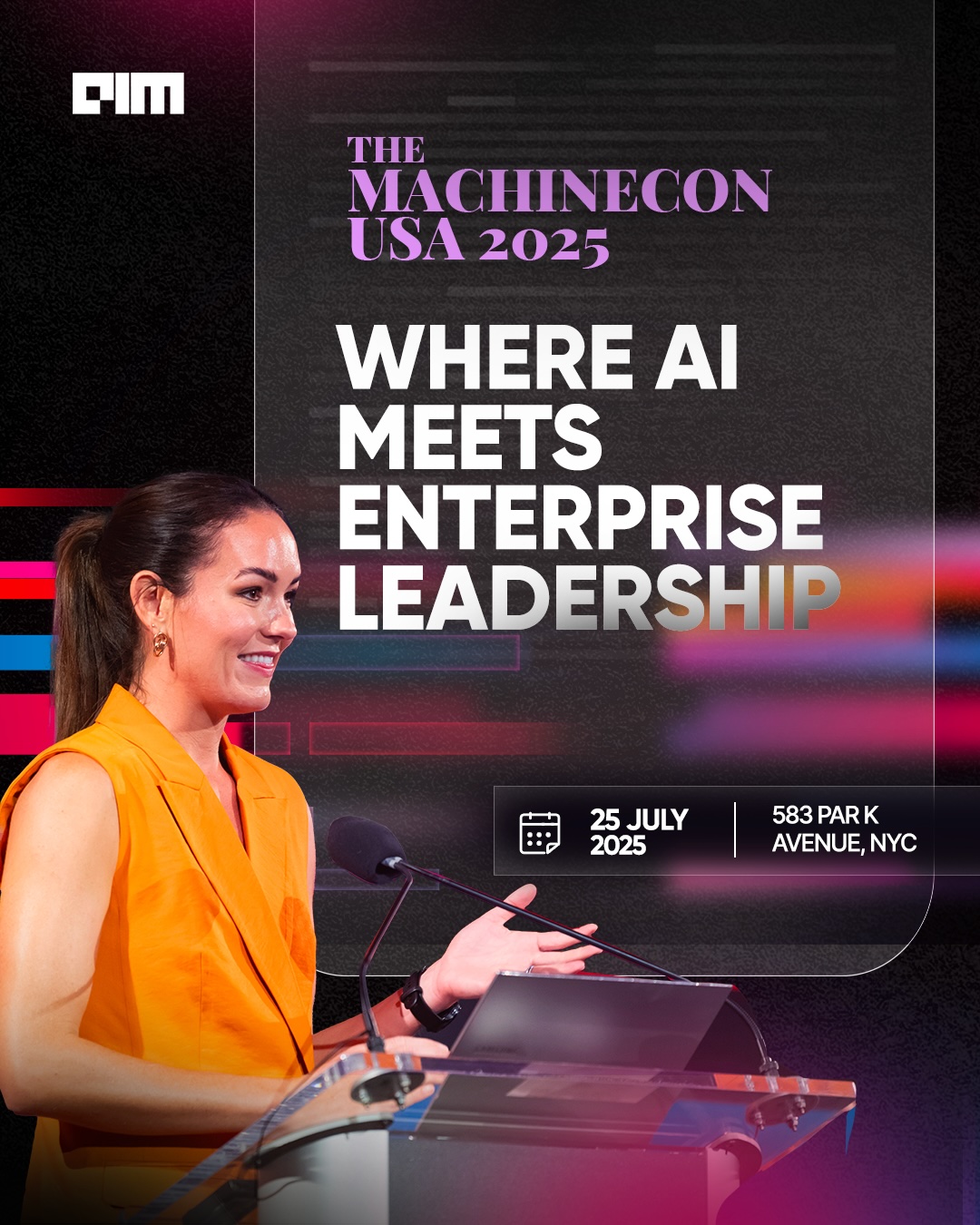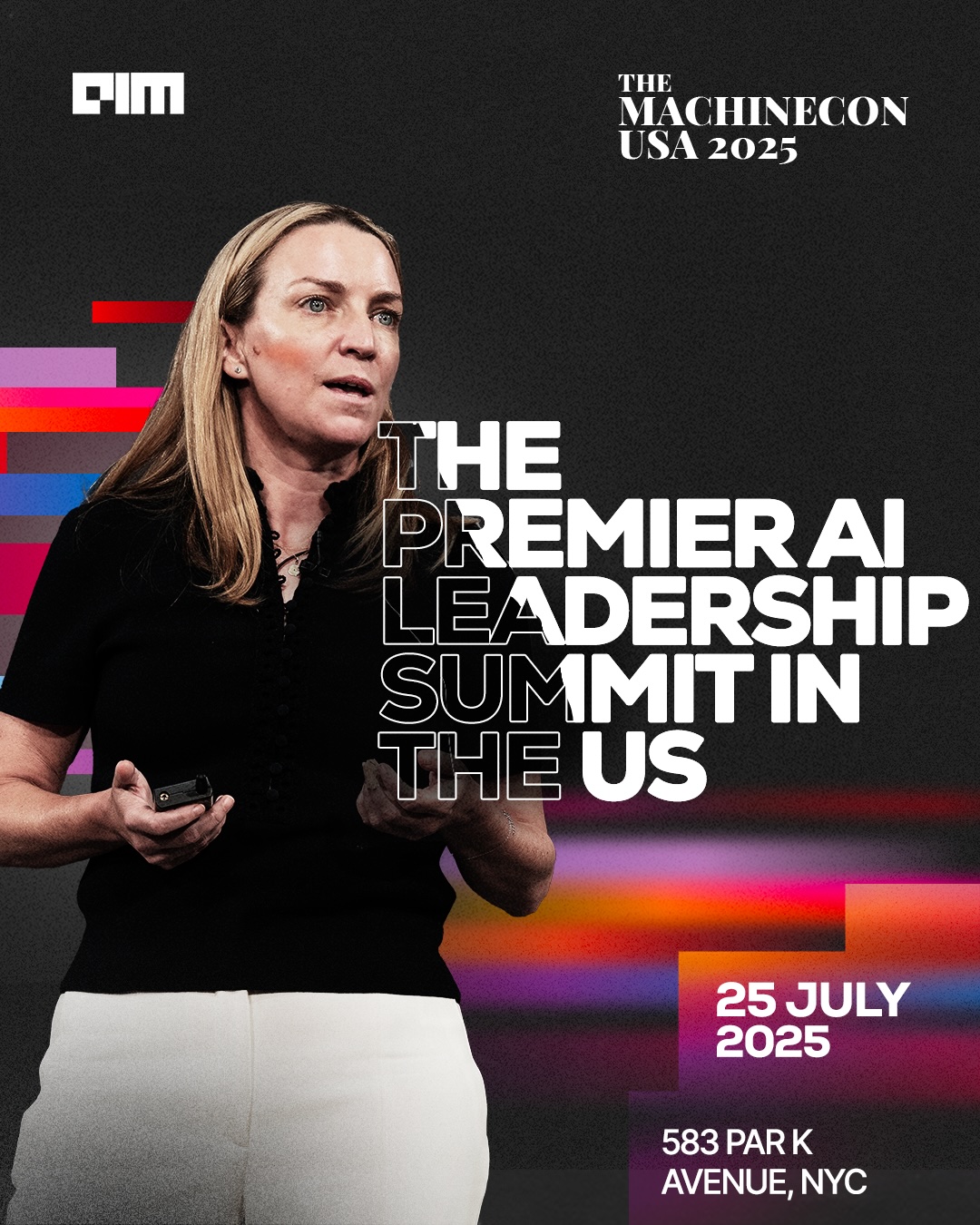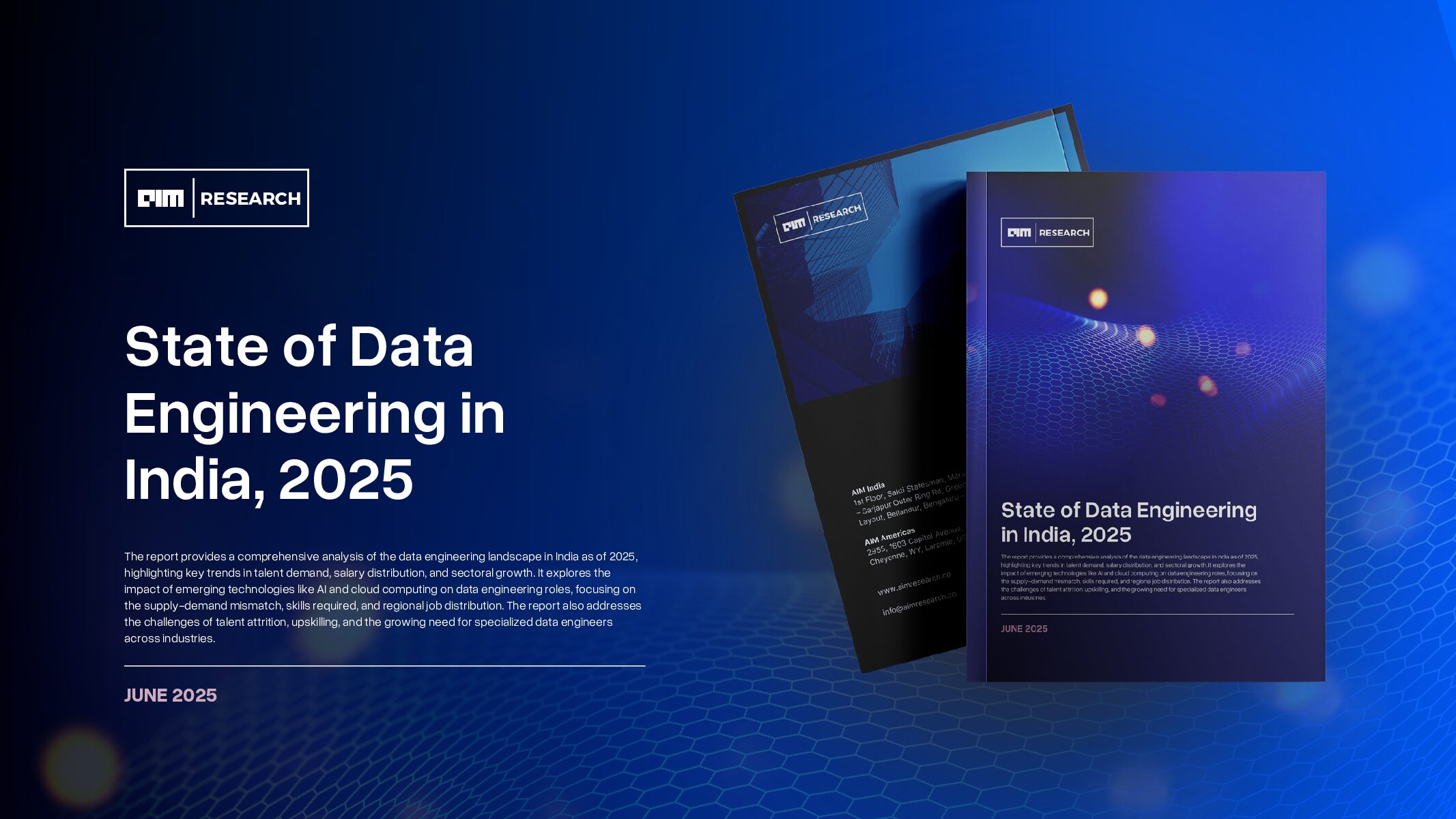For decades, financial professionals have been buried behind mountains of data, spending hours generating spreadsheets, extracting reports, and manually analysing massive volumes of information. The technologies they use, from Microsoft Excel to Google Drive, have largely remained constant, failing to keep up with the growing complexity of modern finance. Now, a new wave of artificial intelligence is seeking to transform the way high-stakes financial choices are made.
Model ML, an AI business established by brothers Chaz and Arnie Englander, has emerged from stealth with a $12 million investment. The investment was led by Y Combinator and London-based LocalGlobe, with additional support from angel investors in banking and private equity—an indication of the growing need for AI-driven efficiency in financial procedures.
The Funding and What It Means for Model ML
Model ML intends to use this new funding to aggressively build its product, expand its customer base, and improve its AI-powered workflow automation capabilities. The startup, which has already signed more than 20 customers, including some of the world’s major financial institutions, is now ramping up its efforts to become a prominent player in financial AI infrastructure.
Unlike traditional AI tools that have struggled to integrate into the deeply fragmented and highly regulated systems of finance, Model ML has built an AI-driven platform tailored for professionals who deal with sensitive financial data. The system acts as a bespoke AI brain for each organization, mirroring the way human analysts retrieve and process information. Instead of relying on generic machine-learning models, Model ML’s cognitive architecture is designed to work within an institution’s existing workflows, ensuring both compliance and security while delivering real-time insights.
The inefficiencies in finance, consulting, and strategy have been thoroughly documented. Highly paid professionals frequently spend roughly five weeks per year performing repetitive work such as data retrieval, report assembly, and manual analysis. These duties, while necessary, consume significant time and resources.
Chaz Englander, co-founder and CEO of Model ML, believes that the financial sector is at a turning point. “Traditional software requires manual data gathering for emails, financial models, and presentations—but that’s changing,” he said. “Model ML has rebuilt these applications from the ground up on top of advanced AI agentic systems, eliminating the need for manual data collection.”
For financial professionals, this means a fundamental shift in how they work. Instead of manually searching for data across emails, CRM systems, and proprietary databases, they can simply query Model ML in natural language. Whether it’s generating earnings summaries, conducting market mapping, or running trend analysis, the AI retrieves relevant data, structures it, and presents it in the desired format instantly.
AI-Powered Workflows and the Shift Toward Voice-Controlled Finance
One of Model ML’s standout features is its voice-first interface, which allows professionals to interact with financial data as easily as they would with a colleague. By simply speaking to the system—whether on mobile or desktop—users can access structured insights without navigating through complex dashboards. Given the increasing adoption of real-time conversational AI across industries, this capability taps into a rapidly growing market.
Ziv Reichert, Partner at LocalGlobe, sees this as one of the company’s biggest advantages. “Model ML is tackling one of AI’s biggest economic opportunities: enabling highly-paid knowledge workers to automate the vast amount of repetitive yet valuable manual work they do daily. The product is quickly changing expectations of both worker output and output quality,” he said. “We’re rapidly moving toward a world where any single worker can do far more, far faster. Less than a year in, Model ML is already transforming the way the organizations it serves operate—a testament to Chaz and Arnie’s approach to building: an obsession with the customer and a relentless drive for velocity.”
Model ML’s approach has already caught the attention of major financial institutions, many of whom are now in discussions at the executive level about how the technology fits into their long-term strategy. Englander emphasized the significance of these conversations. “It’s not like they’re choosing the next data vendor or the next CRM,” he said. “This is going to play such a fundamental part in their overall success as a business that people—and rightfully so—are mindful about how they’re articulating themselves, what they’re automating, and what they’re not automating.”
The appetite for efficiency is only growing. A recent Bloomberg Intelligence report suggests that up to 200,000 jobs on Wall Street could be lost in the coming years as firms continue to embrace AI for automation. Financial institutions are under immense pressure to maintain profitability while reducing operational costs, making automation not just a convenience but a necessity.
Early adopters report huge efficiency gains, and some businesses have even adjusted their business plans to take use of the platform’s capabilities. With headquarters in New York, London, and Hong Kong, the company will be expanding its activities worldwide. The Englander brothers are no strangers to launching successful enterprises. Their prior ventures, Fat Llama, a peer-to-peer rental marketplace acquired by Hygglo, and Fancy, a delivery platform acquired by GoPuff, demonstrate their ability to identify market inefficiencies and create traction-generating solutions. Now they’re concentrating on AI-powered financial infrastructure.
As Model ML moves forward with its expansion plans, there are a lot of companies that are competitors in the space because AI driven tools for finance have not come out now. The real game is how they can work around regulatory compliance, accuracy, and user trust. But with growing demand for automation in financial workflows and backing from some of the biggest names in AI and finance, the company is entering the market at a time when the industry is more receptive than ever to change.























